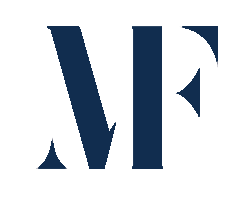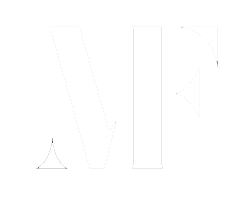Counselling often includes a combination of treatment approaches ranging from humanistic and experiential, cognitive and behavioural, psychodynamic, somatic, and other collaborative counselling techniques.
Counselling works best when client and therapist work together to bring about changes and improvements to the client’s behaviour, thinking, feeling, and over all functioning.
I have a particular interest in neuroscience, specifically how learning about the systems that make up our bodies and implementing relevant interventions can lead to overall improved quality of life, understanding of oneself holistically and allowing space for integration.
Existential-Integrative Counselling
Existential counselling is described by Irvin Yalom as,
“A style of therapy that places emphasis on the human condition as a whole. Existential therapy uses a positive approach that applauds human capacities and aspirations while simultaneously acknowledging human limitations.”
Existential counselling is less a method of counselling as it is a philosophical stance, focused on the themes of meaning, freedom, responsibility and death. It is based on a personal relationship between client and counsellor. It stresses personal freedom in deciding one’s fate and places primary value on self-awareness.
Sensorimotor Psychotherapy
“Sensorimotor Psychotherapy blends theory and technique from cognitive and dynamic therapy with straightforward somatic awareness and movement interventions that promote empowerment and competency.”
Dr. Daniel Siegel
Sensorimotor psychotherapy is based on 6 principle beliefs: Organicity the internal wisdom of all living systems, Unity we exist within a complex organic system of interdependent parts, Mind/Body/Spirit Holism we see mind, body, and spirit as intimately related, essential aspects of each of us, Non-Violence the work is not forceful, we believe people do not need to be ‘fixed’ or changed, Mindfulness/Presence we encourage awareness of present moment internal experience, Relational Alchemy we recognize that each relationship has a unique nature that spawns something bigger than its parts.
Gottman Method Couples Therapy
After a year in private practice I noticed many of my clients were coming to me and bringing up issues or curiosities about their intimate relationships. I came to see that it was very hard to make progress without having all the people involved present and involved in shifting the dynamic. Thus began my exploring and implementing the learnings from Gottman Method couples therapy into my practice.
“The Gottman Method is an approach to couples therapy that is based on the Sound Relationship House Theory. The Gottman Method aims to improve verbal communication, increase intimacy, increase respect, increase affection, remove barriers to conflict resolution and create more empathy and compassion within relationships.”
Mindfulness Meditation
“In the rush of modern life, we tend to lose touch with the peace that is available in each moment.” – Tich Nhat Hanh
When I first came across this program I wanted to understand and further explore ways to bring mindfulness to my clients. I first encountered my version of a mindfulness practice in 2013 with a book called Peace is Every Step by Ticht Nacht Han In this book I discovered how many moments are available in a day for us to be invited back to mindfulness if we allow ourselves.
In this program we explored the history and practices of mindfulness and mindfulness meditation, traditional and contemporary medicine, as well as case and research-based practice.
Mindfulness Informed End of Life Care
I first became drawn to this type of work after my mother passed away in 2019, I wanted to formally explore this phenomenon that I had experienced, through confrontation with death we can allow ourselves to truly be alive while we are here.
“MIEOL proposes that we cultivate a “practice of dying”, while living, so we can existentially prepare for complexities found in life and particularly in end of life care. As such, this is a core approach to end of life care that can be used by everyone, depending on their own need and intention.”

